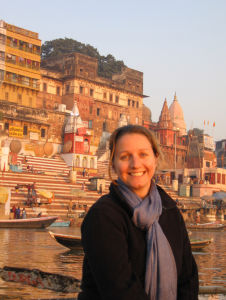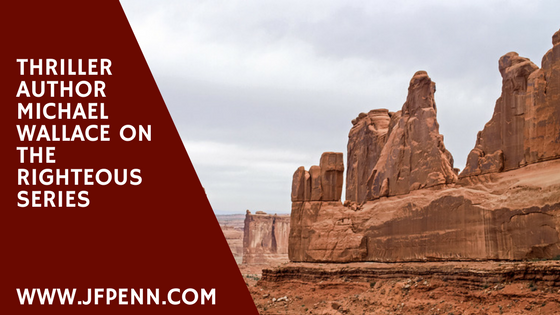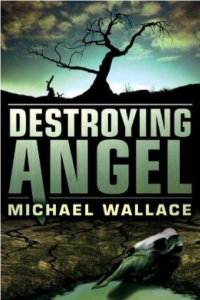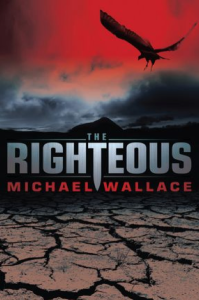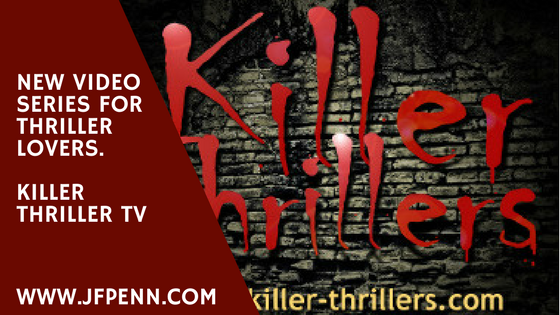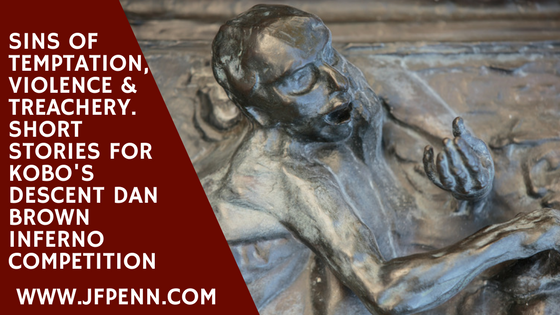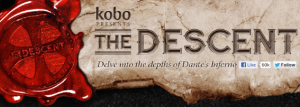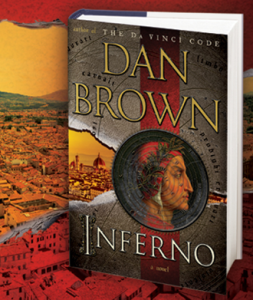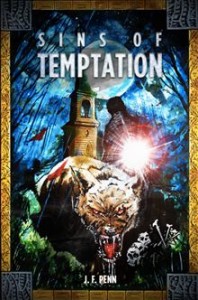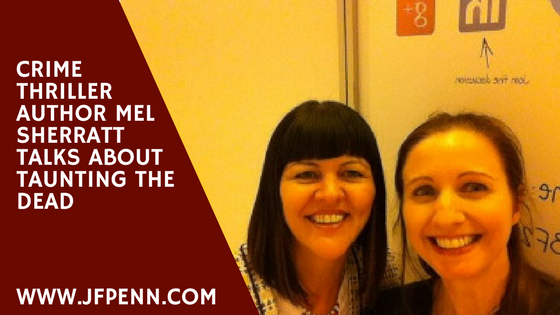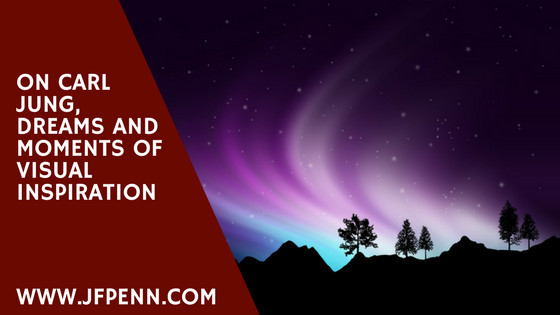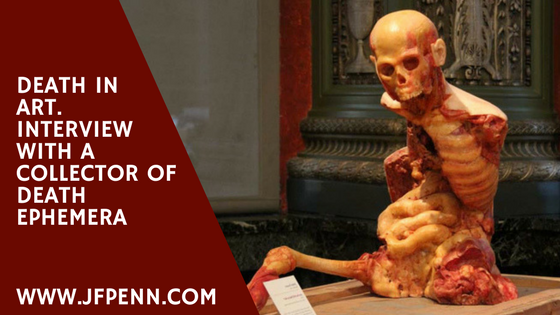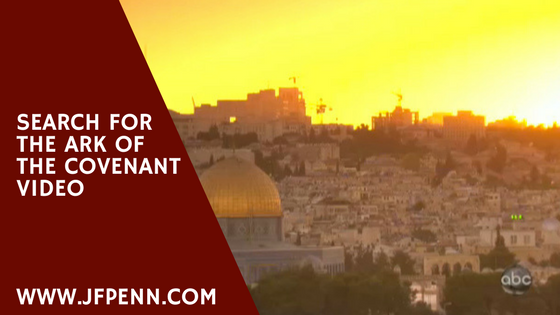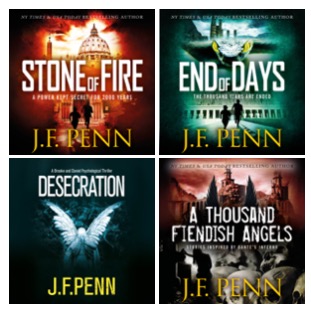
I was born in England, but my parents have Scottish and Irish ancestry. I spent a few years at school in Malawi, Africa. I have a New Zealand passport, swearing my allegiance to the Queen when I became a citizen after seven years in Godzone, and I lived for four years in Australia.
I crave foreign, in language and food and experience.
I lust after new experiences. I've travelled all over the world, under and over the sea and I have an itch for movement that needs scratching several times a year.
Iyer talks about home holding a piece of one's soul, which resonates with me.
Pieces of my soul lie in Jerusalem, Oxford and in Varanasi.
Pieces of my soul lie near a waterfall in the Bungle Bungles in Western Australia and in a kelp forest offshore from Dunedin, New Zealand.
Pieces of my soul lie with my husband and my family, wherever they are, and we Penns are great travellers! My husband is from New Zealand, of Hungarian Jewish ancestry. My sister-in-law is Nigerian, and another soon-to-be-sister-in-law is Canadian. We are a global family, for which I am deeply proud.
In recent years, I have shed ownership of possessions, with the aim of making myself more free, to be location independent. For home to me is not tied to a location, but more to people and memory.
